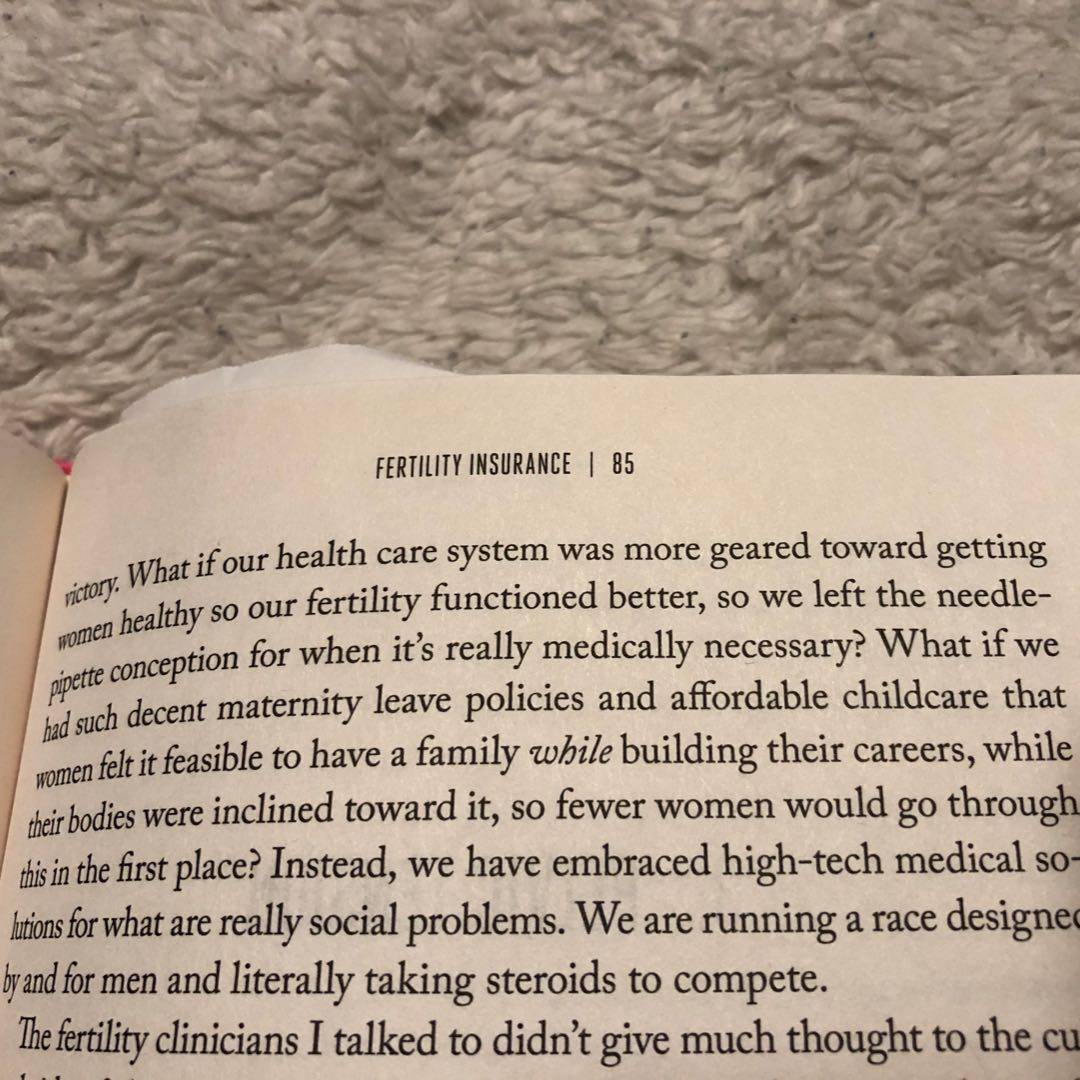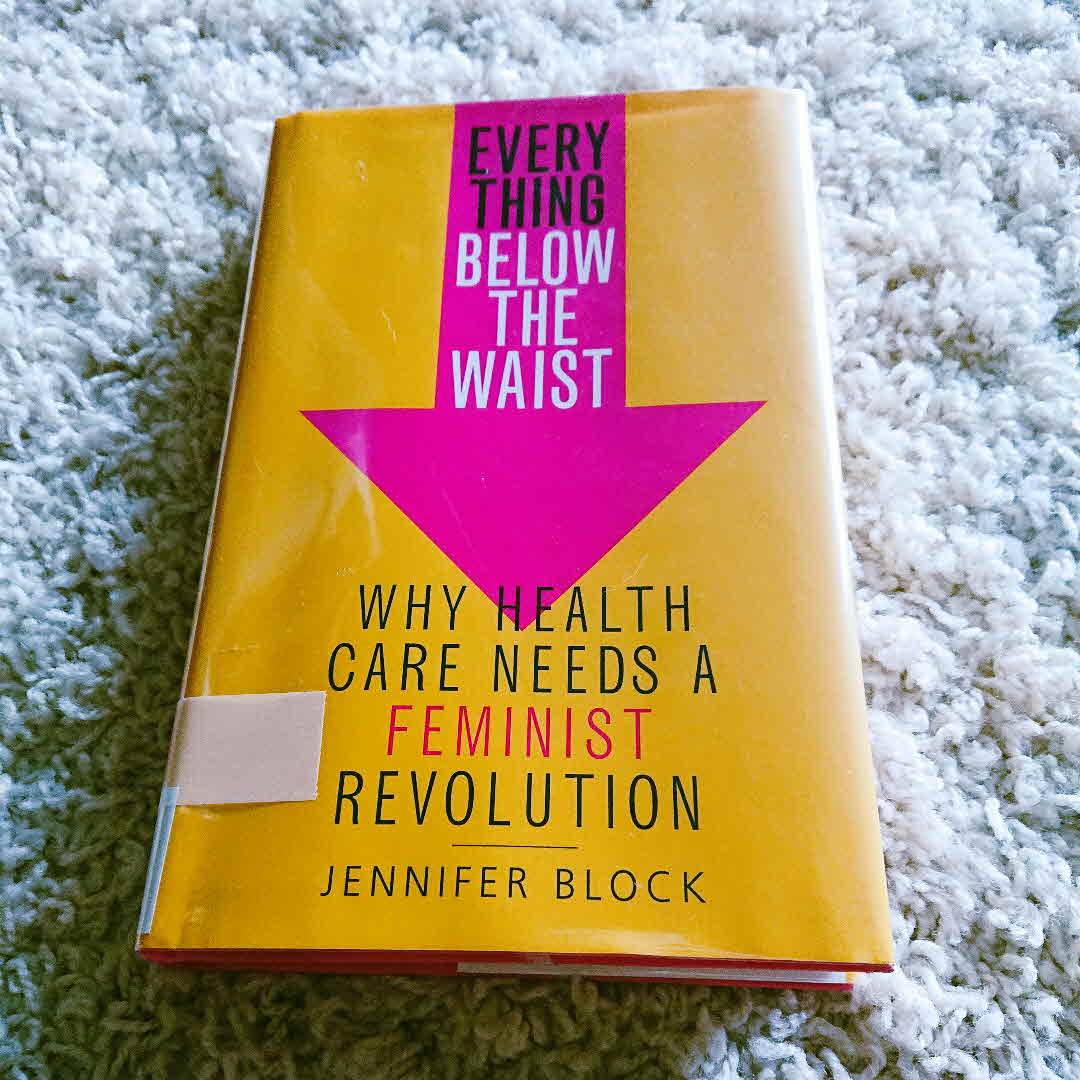I learned a lot from this book. It‘s sad, eye opening, and heart wrenching to read. I found myself needing to take breaks because I‘d get so angry or upset at hearing the stats, interviews, and stories.
I learned a lot from this book. It‘s sad, eye opening, and heart wrenching to read. I found myself needing to take breaks because I‘d get so angry or upset at hearing the stats, interviews, and stories.

This book has been eye opening so far. This is a library book but I keep reading passages I want to highlight.

Fascinating and frightening!

After borrowing this from the library three times, I finally started reading and it is compelling. It is also infuriating and scary.

Having had five home births between ‘92 and ‘01, I am ready for the feminist revolution in women‘s health care. Bring it on! I would like a little hormone therapy however! Very thorough and thought-provoking book; in places I‘d even call it radical. #feminism #health

I loved Block‘s Pushed, so when this popped up in my email today it was a no-brainer to get the ebook. I‘m not even through the introduction and am already grateful that I have a PCP and a gyno-oncologist who are up on the latest research and tend toward lower intervention.